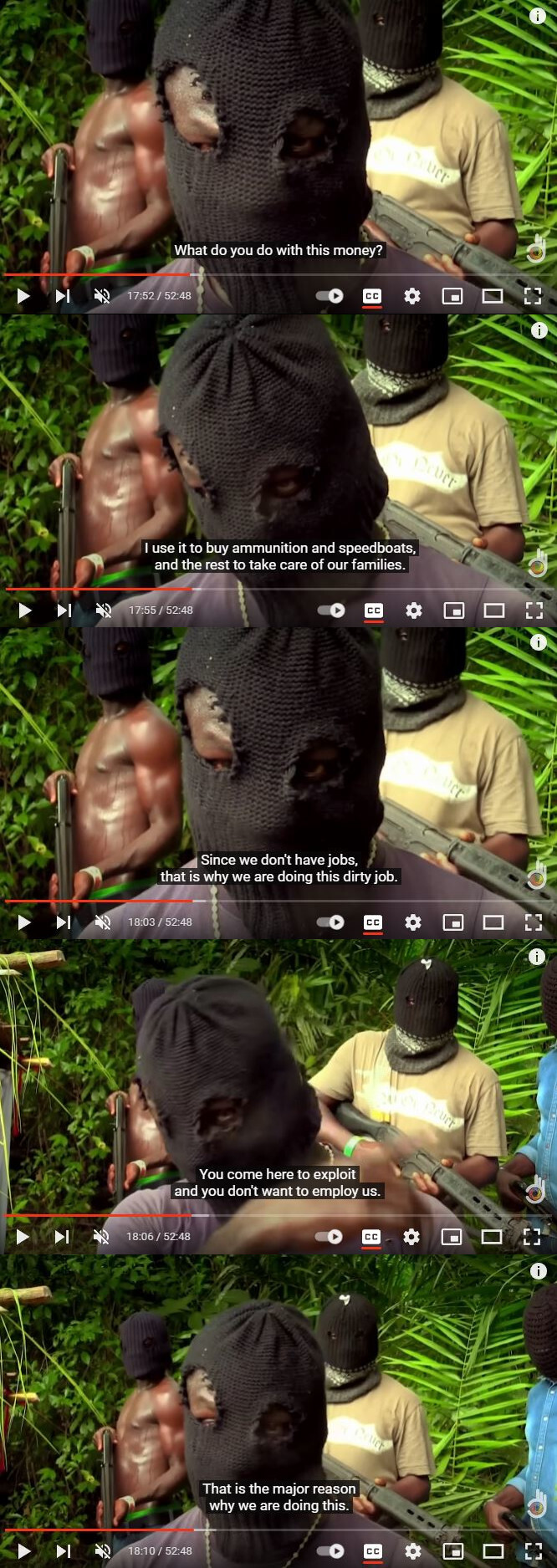Ever since a civil war brought down Somalia’s last functional government in 1991, the country’s 3,330 km (2,000 miles) of coastline — the longest in continental Africa — has been pillaged by foreign vessels. A United Nations report in 2006 said that, in the absence of the country’s at one time serviceable coastguard, Somali waters have become the site of an international “free for all,” with fishing fleets from around the world illegally plundering Somali stocks and freezing out the country’s own rudimentarily-equipped fishermen. According to another U.N. report, an estimated $300 million worth of seafood is stolen from the country’s coastline each year. “In any context,” says Gustavo Carvalho, a London-based researcher with Global Witness, an environmental NGO, “that is a staggering sum.”
In the face of this, impoverished Somalis living by the sea have been forced over the years to defend their own fishing expeditions out of ports such as Eyl, Kismayo and Harardhere — all now considered to be pirate dens. Somali fishermen, whose industry was always small-scale, lacked the advanced boats and technologies of their interloping competitors, and also complained of being shot at by foreign fishermen with water cannons and firearms. "The first pirate gangs emerged in the '90s to protect against foreign trawlers," says Peter Lehr, lecturer in terrorism studies at Scotland’s University of St. Andrews and editor of Violence at Sea: Piracy in the Age of Global Terrorism. The names of existing pirate fleets, such as the National Volunteer Coastguard of Somalia or Somali Marines, are testament to the pirates’ initial motivations.
One Piece is a documentary about imperialists
The waters they sought to protect, says Lehr, were “an El Dorado for fishing fleets of many nations.” A 2006 study published in the journal Science predicted that the current rate of commercial fishing would virtually empty the world’s oceanic stocks by 2050. Yet, Somalia’s seas still offer a particularly fertile patch for tuna, sardines and mackerel, and other lucrative species of seafood, including lobsters and sharks.
“degrowth is Stalinist authoritarianism that wants to make us poor” 
Yup. 100%. And throughout the piracy period piracy was one of the few sources of hard currency in those regions. You need hard currency to buy any kind of equipment, machinery, medicine.
There’s always been more to Piracy than the naval powers would ever want you to find out about. No one takes on the hard, dangerous, and short life of a pirate when they have better options.
GOOD POST
the current rate of commercial fishing would virtually empty the world’s oceanic stocks by 2050
Great reminder that even if we fix global warming there’s a dozen other ecological disasters waiting in the wings

Niger delta speedboat pirate gang leader “Black Devil AKA Akru Omega Five” on the kidnapping and ransom of oil company employees:


That was a really interesting documentary. I wonder to what degree the film makers intended to expose the hypocrisy of the European PMC.
Putting the anecdote about the villagers being unphased by the suffering of the hostages and the guy talking about the costs of piracy on the shipping industry back to back has quite an irony to it.
Unironically want to do myself a ski mask like that
I found a YouTube link in your comment. Here are links to the same video on alternative frontends that protect your privacy:





